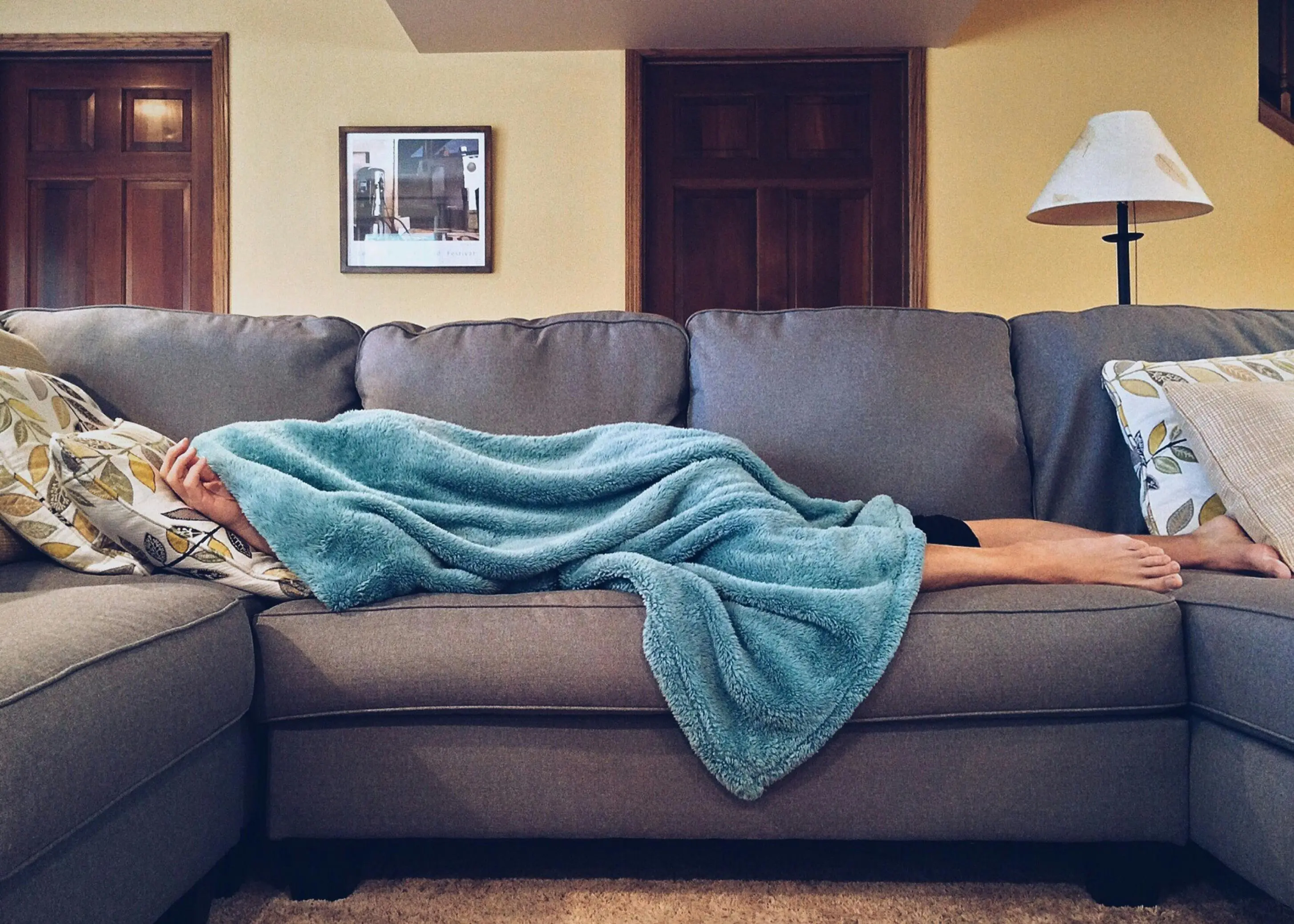5 Common Causes of Poor Sleep and How to Solve Them
Are you having trouble getting a good night's sleep? Then you are not alone. Here we go over five common causes of poor sleep and give you practical tips to wake up refreshed and more rested.

Introduction
Sleep is one of the most important cornerstones of our health and well-being. Despite this, many struggle with falling asleep, sleeping deeply, or waking up refreshed.
Poor sleep affects not only our energy, but also our concentration, mood and health.
1. Stress and anxiety affect your sleep quality
Stress and worry are one of the most common reasons why people find it difficult to fall asleep or wake up in the middle of the night.
When the brain is active and stressed, it can be difficult to relax and allow the body to recover.
Hint:
- Create a evening routine with relaxation, such as reading a book or meditating.
- Try writing down your thoughts in a diary before bedtime to clear your head.
2. Irregular sleep habits disrupt your circadian rhythm
The body works best when it follows a regular circadian rhythm.
Irregular sleep habits, such as going to bed or waking up at different times, can disrupt the body's internal clock and lead to poor sleep.
Hint:
- Try to go to bed and wake up at the same time every day, even on weekends.
- Use an alarm clock that gradually increases the light to help the body wake up naturally.
3. Your sleeping environment is not optimal
A disturbing sleeping environment can be a major factor behind poor sleep. Light, sound, and temperature can all negatively affect your sleep quality.
Hint:
- Make sure your bedroom is dark, quiet and cool.
- Invest in a comfortable mattress and pillows that support your body.
4. Screen time before bedtime interferes with sleep
The light from screens, such as your mobile phone or computer, can interfere with the production of melatonin — the hormone that helps you fall asleep. Scrolling on social media or watching series late at night can make it harder to fall asleep.
Hint:
- Avoid screen time at least an hour before bedtime.
- Try a physical book or a relaxing activity instead of using your phone.
5. Poor diet and drinking habits affect your sleep
What you eat and drink, especially in the evening, can affect your sleep. Caffeine, alcohol and heavy meals close to bedtime are some of the most common causes of disturbed sleep.Hint:
- Avoid caffeine after lunch and alcohol in the evening.
- Eat a light dinner and include foods that promote sleep, such as bananas or walnuts.
Summary
Improving your sleep quality often involves making small changes to your everyday life.
By identifying the causes of your poor sleep and following these practical tips, you can create better conditions for a good night's sleep.
Start with one or two changes and build from there — your body will thank you!











